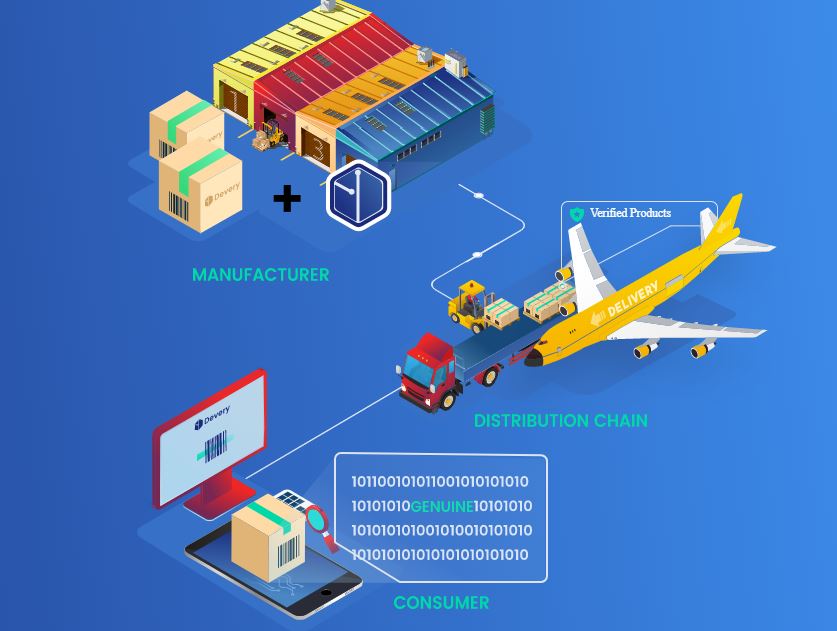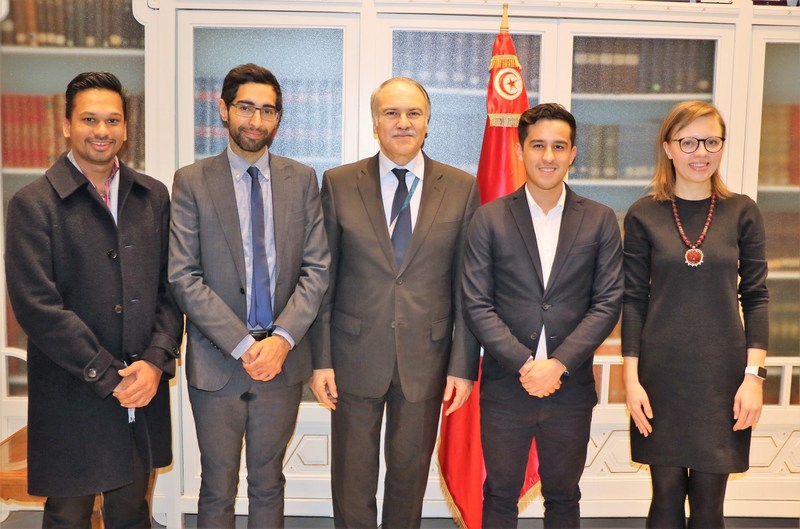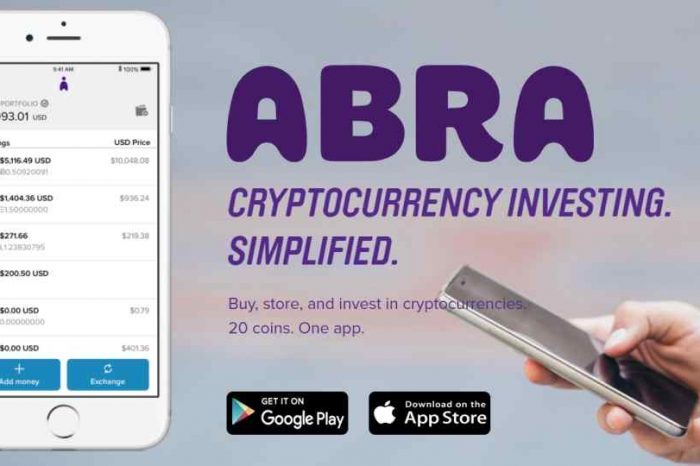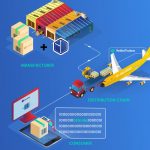The United Nations is using this small startup’s blockchain technology to track and safely deliver food to Tunisian school children

Blockchain application is on the rise. Companies, organizations and governments are beginning to see the value in the technology that underpins major cryptocurrencies. On monday, we wrote about how companies could leverage blockchain for business transformation. One small startup is using blockchain technology to help the United Nations World Food Program to track and safely deliver food to Tunisian school children.
Devery is a leading global blockchain start-up that provides comprehensive product verification services. The company provides software that abstracts the difficulties of blockchain development by providing easy-to-use tools and applications to clients. One of Devery’s flagship product is a blockchain powered, open-source, product verification protocol. One of the challenges facing businesses today is lack of transparent in the supply chain. There is no full visibility about the origins of the products used by most organization. Security, counterfeiting are some of the problems businesses face. Although, there are government regulations that govern most of the products, there is no 100 percent assurance that some of the products are not compromised as they go through the supply chain process.
This is one of the problems Devery is solving using blockchain technology. Devery helps its customers to ensure the authenticity of products through finding trusted suppliers. Devery allows organisations selling products via e-commerce to ensure their supply chain is secure. This in turns prevents counterfeits and ensures supply agreements are honored.
Devery announced it has signed an agreement with the Tunisian Ministry of Education to implement a blockchain-based tracking system for its school meals program. The program is currently managed by the United Nation’s World Food Program to ensure that the program is implemented appropriately and the schools have an adequate supply of meals for the students that require them. In achieving these goals, the ability to track the delivery of the meals as well as possible aspects on the best utilization of funds are key measures of success for the program.

Devery Team meeting with the Tunisian Minister of Education, Hatem Ben Salem and Maria Lukyanova (UN World Food Programme). (Devery.io)
The implementation will involve an initial roll out to feed 1500 primary school kids, with the goal of ultimately rolling out to all 400,000 Tunisian school children currently receiving food assistance once successfully trialed. The meal program currently serves approximately 6000 schools. In recognizing the importance of nutrition as part of a broader goal to ensure and improve educational achievements, the Ministry of Education’s program is aimed to ensure that children from underprivileged backgrounds meet their nutritional requirements.
The Tunisian government operates a school meal program designed to offer one fresh meal a day to underprivileged students in its primary and secondary educational system. “This project is allowing us to explore how supporting innovation, through the introduction of solutions based on blockchain technology, can contribute to strengthening the effectiveness and efficiency of the Tunisian national school meals program,” said Maria Lukyanova, the United Nations World Food Program Representative and Head of Country Office for the Republic of Tunisia. Devery.io will provide the technical advisory and development capability to build, train and utilize a transparent and more accountable system of tracking the meal deliveries as well as reporting issues directly to the Ministry in real time. Further, Devery will train personnel on the ground to utilize and maintain the technology for the foreseeable future.
“Blockchain technology has the potential to impact billions of people through bridging the gap between the physical and digital world. Ensuring the safe delivery of the food to children via blockchain technology is a cause we truly believe will impact the lives of many to come” – Andrew Rasheed, founder and CEO of Devery.io. The World Food Program expects to use the technology developed for this program to assist with the delivery of food in other missions around the world.

